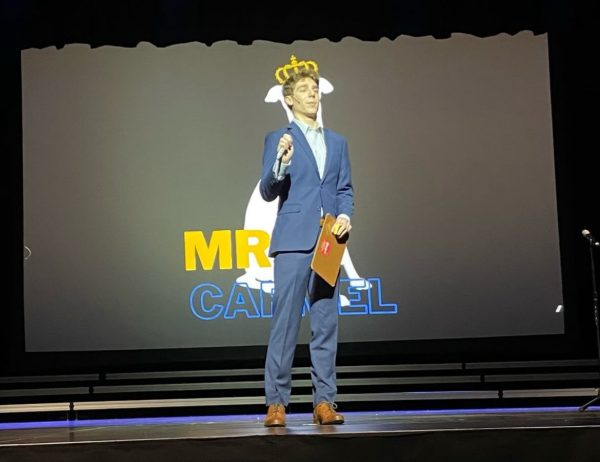Working to Improv(e): Comedy Sportz members discuss the details and challenges behind their improvisational shows
On Thursday and Friday, the Comedy Sportz team will have a match at 7 p.m. in the Studio Theatre. Since 2000, the team has been the only club here to perform scenes to an audience using a non-scripted method called improvisation, or “improv.” The name “Comedy Sportz” stems from the structure of the club: two different teams competing in a match to win the most laughs from the crowd. Although the performers may make the comedy seem effortless, there is a lot of practice that goes into being able to perform improvisation.
Jacob “Jake” Greene, Comedy Sportz co-team captain and senior, said when he did not make the club as a freshman, he spent the rest of that year working to improve his improvisational skills.
“I saw my first Comedy Sportz match in eighth grade…I really liked it and it was something I just kept following throughout my freshman year. I joined a club that some members of the team started, which is called Comedy Kids Club…which is basically practicing the improv skills,” Greene said. “It definitely wasn’t something that was just spur-of-the-moment. I definitely worked hard at getting better at improv before I got on the team.”
Comedy Sportz sponsor Jim Peterson said the situations teams get put in are often unusual so members have to be willing to put themselves out there in a vulnerable way.
“You have to be willing to make things up on the spot, and you aren’t trying to be funny. That’s kind of the goal of the whole thing, but if you work at trying to be funny, then it usually isn’t. So it’s finding that humor in being convincing with what you’re doing,” Peterson said. “Just living truthfully in that unusual circumstance that the audience has suggested is usually where the humor comes out.”
Peterson, who helped start the Comedy Sportz high school league he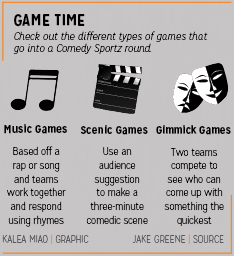 re, said to prepare for their matches in February through April, the team spends the entire first semester training. For instance, they use pantomime to help establish a setting without the use of props and scenic improvisation to create characters quickly and convincingly while performing on stage.
re, said to prepare for their matches in February through April, the team spends the entire first semester training. For instance, they use pantomime to help establish a setting without the use of props and scenic improvisation to create characters quickly and convincingly while performing on stage.
Greene said, “That’s the best way you can really develop those skills, (which) is using them again and again and again. We would practice the different games you would play (in matches)…and just by the repetition, it would help get a lot better. The first time you play a new improv game you’ve never played before, it’s not going to be perfect; it probably won’t be funny, but if you give up there, you’ll never be good at it. So many games I’ve started out just not liking at all because I just didn’t think I was good at them, but practice and practice and practice helps so much.”
Chuck Burton, co-team captain and senior, said he agreed.
“Getting comfortable with the games, comfortable with making things up in front of other people and just repetition helps you become more comfortable with the whole process, and with more comfort comes more proficiency,” Burton said.
Greene said skills needed during improvisational comedy are represented with an acronym called PEACH—pay attention, ensemble first, agree, commit and have fun.
“All those things kind of work together if you want to have a successful scene or improv game,” Greene said. “So like, P: pay attention. It’s seeing everything that’s going on around you; it’s part of quick thinking and being able to use suggestions from the audience, as well as things your partner may say or do in an action and picking up on those and being able to create a scene.”
This year, about half the members of the team are seniors, meaning the vacant spots for next year’s team will be filled with members with less experience.
“We will definitely make sure that we’re helping the younger members of the team so that they have everything they need to build the team up in future years after the seniors have graduated, because ComedySportz, even after you’ve graduated, you still care about it, so you still want them to do well once you’re gone,” Greene said.
Peterson said he hopes members of Comedy Sportz take away not only improvisational skills, but other skills that will apply to their life outside of the club, such as a sense of confidence as well as a sense of public speaking.
For his part, Greene said he has learned a lot about teamwork by working with club members in his three years in Comedy Sportz.
Greene said, “You learn to rely on each other and you learn to help one another in a way that is just so beneficial, and I’ve been able to see how that’s translated over to group projects and just working with people in my life in general. There’s so many takeaways you can come up with, how you really work with people and a big thing in improv is, the more you give to someone else, the more they can give to you, and I feel like that’s something that really applies in real life, too.”
Your donation will support the student journalists of Carmel High School - IN. Your contribution will allow us to purchase equipment and cover our annual website hosting costs.



















![Joseph Broman, Mu Alpha Theta sponsor, grades tests for his honors precalculus/trigonometry class. Broman said, “I’m retiring from the Math Club next year and I’m just going to do Mu Alpha Theta so I can focus on that one and we can do more [speaker series] first semester.”](https://hilite.org/wp-content/uploads/2024/03/IMG_9502-1200x900.jpg)










![British royalty are American celebrities [opinion]](https://hilite.org/wp-content/uploads/2024/03/Screenshot-2024-03-24-1.44.57-PM.png)


![The new “Kung Fu Panda 4” movie: a journey of growth, self-realization and adventure [opinion]](https://hilite.org/wp-content/uploads/2024/03/po-1200x588.png)


















![Review: “The Bear” sets an unbelievably high bar for future comedy shows [MUSE]](https://hilite.org/wp-content/uploads/2024/03/unnamed.png)
![Review: “Mysterious Lotus Casebook” is an amazing historical Chinese drama [MUSE]](https://hilite.org/wp-content/uploads/2024/03/0.webp)
![Thea Bendaly on her Instagram-run crochet shop [Biz Buzz]](https://hilite.org/wp-content/uploads/2024/03/IMG_0165-1200x838.jpg)
![Review: Sally Rooney’s “Normal People,” is the best book to read when you are in a time of change [MUSE]](https://hilite.org/wp-content/uploads/2024/03/20047217-low_res-normal-people.webp)
![Review: “One Day” broke me for the second time, but this time it hurt worse [MUSE]](https://hilite.org/wp-content/uploads/2024/03/unnamed-8.png)
![Review in Print: Maripaz Villar brings a delightfully unique style to the world of WEBTOON [MUSE]](https://hilite.org/wp-content/uploads/2023/12/maripazcover-1200x960.jpg)
![Review: “The Sword of Kaigen” is a masterpiece [MUSE]](https://hilite.org/wp-content/uploads/2023/11/Screenshot-2023-11-26-201051.png)
![Review: Gateron Oil Kings, great linear switches, okay price [MUSE]](https://hilite.org/wp-content/uploads/2023/11/Screenshot-2023-11-26-200553.png)
![Review: “A Haunting in Venice” is a significant improvement from other Agatha Christie adaptations [MUSE]](https://hilite.org/wp-content/uploads/2023/11/e7ee2938a6d422669771bce6d8088521.jpg)
![Review: A Thanksgiving story from elementary school, still just as interesting [MUSE]](https://hilite.org/wp-content/uploads/2023/11/Screenshot-2023-11-26-195514-987x1200.png)
![Review: When I Fly Towards You, cute, uplifting youth drama [MUSE]](https://hilite.org/wp-content/uploads/2023/09/When-I-Fly-Towards-You-Chinese-drama.png)
![Postcards from Muse: Hawaii Travel Diary [MUSE]](https://hilite.org/wp-content/uploads/2023/09/My-project-1-1200x1200.jpg)
![Review: Ladybug & Cat Noir: The Movie, departure from original show [MUSE]](https://hilite.org/wp-content/uploads/2023/09/Ladybug__Cat_Noir_-_The_Movie_poster.jpg)
![Review in Print: Hidden Love is the cute, uplifting drama everyone needs [MUSE]](https://hilite.org/wp-content/uploads/2023/09/hiddenlovecover-e1693597208225-1030x1200.png)
![Review in Print: Heartstopper is the heartwarming queer romance we all need [MUSE]](https://hilite.org/wp-content/uploads/2023/08/museheartstoppercover-1200x654.png)













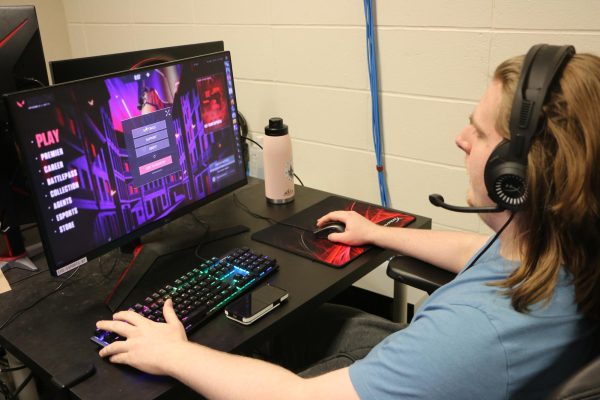
![British royalty are American celebrities [opinion]](https://hilite.org/wp-content/uploads/2024/03/Screenshot-2024-03-24-1.44.57-PM-600x543.png)
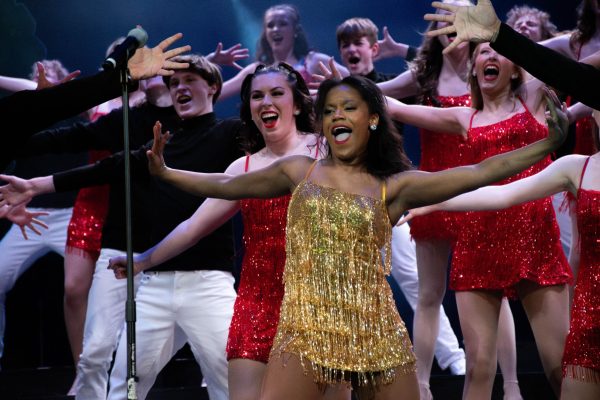
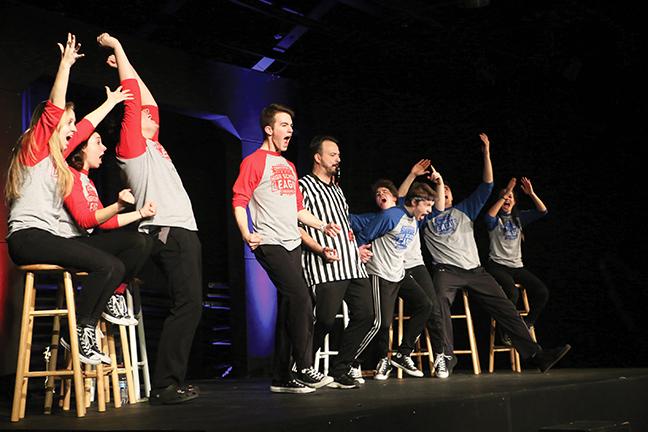
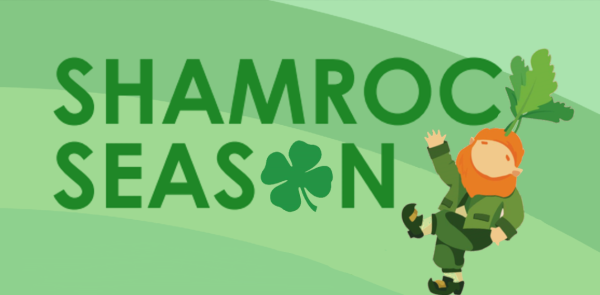
![The new “Kung Fu Panda 4” movie: a journey of growth, self-realization and adventure [opinion]](https://hilite.org/wp-content/uploads/2024/03/po-600x294.png)
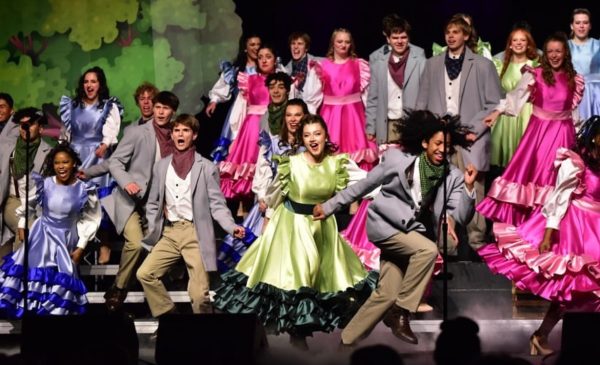
![Oscars season drama is inevitable with snubs (and not-snubs), but the drama is what makes it fun [opinion]](https://hilite.org/wp-content/uploads/2024/03/Screenshot-2024-03-10-2.11.32-PM-600x319.png)
![Despite Barbie Oscar snubs, Gosling deserves his nomination, exemplifies humility in Hollywood [opinion]](https://hilite.org/wp-content/uploads/2024/03/Screenshot-2024-03-09-5.45.40-PM-600x477.png)
